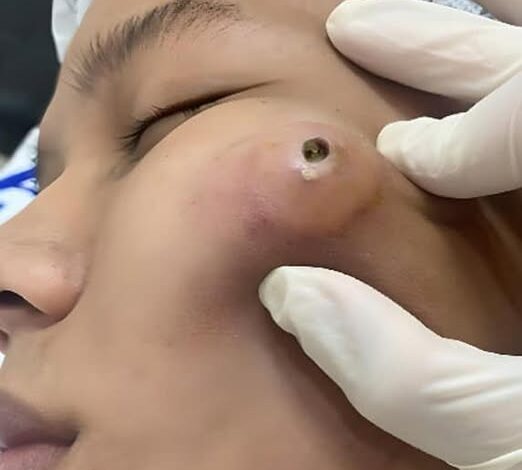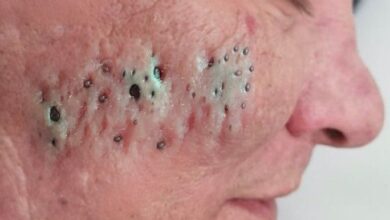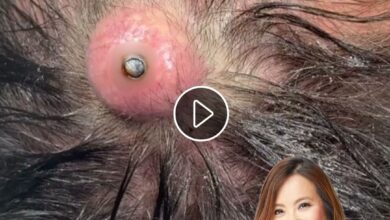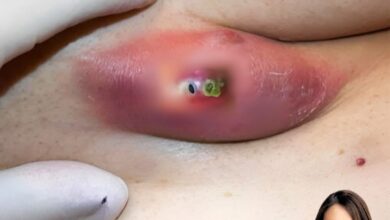
Everything You Need to Know About Blackheads: Causes, Prevention, and Treatment Blackheads are one of the most common skin concerns, particularly for those with oily or acne-prone skin. Whether you’re a teenager going through hormonal changes or an adult struggling with persistent skin issues, blackheads can be frustrating. In this post, we’ll dive deep into what blackheads are, why they form, and how you can prevent and treat them. What Are Blackheads? Blackheads are small, dark spots that typically appear on the face, especially on the nose, forehead, and chin (often referred to as the T-zone). They are a type of acne that forms when hair follicles become clogged with excess oil, dead skin cells, and bacteria. Unlike whiteheads, which are closed pores, blackheads are open to the air. The dark color comes from the oxidation of melanin in the skin when exposed to oxygen. What Causes Blackheads? Several factors contribute to the formation of blackheads: Excess Oil Production: When the sebaceous (oil) glands in your skin produce too much oil, it can mix with dead skin cells and clog pores, leading to blackheads. Hormonal Changes: During puberty, menstruation, pregnancy, or while taking certain medications, hormonal fluctuations can increase oil production, leading to clogged pores. Poor Skin Hygiene: Not cleansing your skin properly, leaving makeup on overnight, or touching your face with dirty hands can lead to clogged pores and blackheads. Comedogenic Products: Some skincare or makeup products contain ingredients that can clog pores, known as comedogenic ingredients, leading to blackhead formation.

Diet and Lifestyle: Diets high in refined sugars and dairy, stress, or lack of sleep may also contribute to acne and blackheads. How to Prevent Blackheads While you can’t always completely avoid blackheads, there are several steps you can take to minimize their appearance and prevent them from forming: Cleanse Your Skin Regularly: Use a gentle cleanser twice a day to remove dirt, oil, and impurities that can clog pores. Avoid harsh scrubbing, which can irritate the skin and worsen blackheads. Exfoliate Weekly: Use a gentle exfoliator once or twice a week to remove dead skin cells. This helps prevent clogged pores and promotes smoother skin. Look for products containing salicylic acid, which penetrates the pores and helps break down oil and debris. Avoid Touching Your Face: Your hands carry bacteria and oils that can transfer to your face and contribute to blackhead formation. Try to avoid touching your face throughout the day. Use Non-Comedogenic Products: Look for makeup, moisturizers, and skincare products that are labeled “non-comedogenic,” meaning they won’t clog your pores. Stay Hydrated and Eat a Balanced Diet: Drinking plenty of water and eating a diet rich in fruits, vegetables, and healthy fats can help maintain clear skin. How to Treat Blackheads



